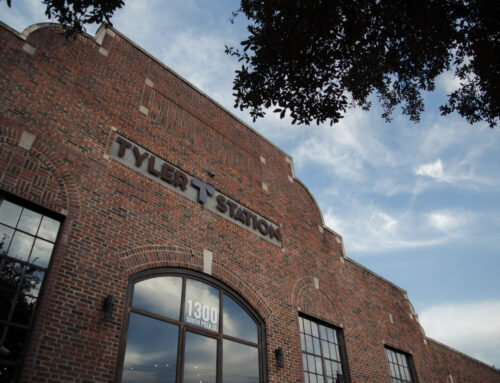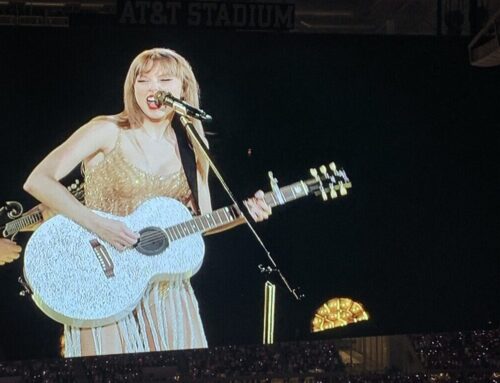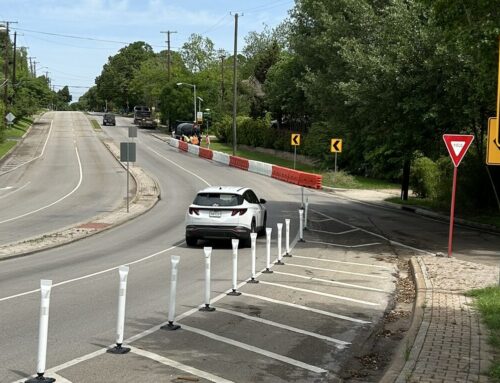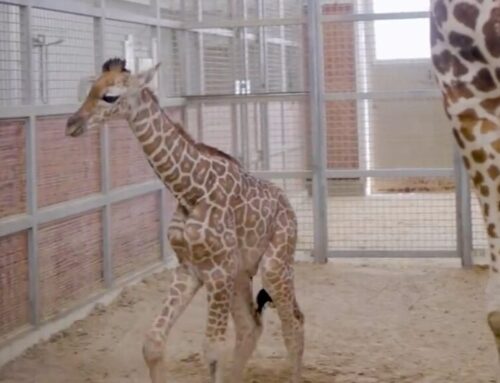Sometimes, in the busy pace of life, you can see something so touching that it stops you in your tracks.
It was a cold day before Christmas. I exited the office and was heading to my car when I saw a homeless man shuffling across an intersection. He’s become a friend during this last year, teaching me grace and endurance.
A mom from our child development center had just picked up her child. Her expensive car was moving toward the intersection, but as soon as she saw the homeless man, she stopped and made a kind gesture for my friend to continue crossing. She waited patiently as he moved very, very slowly. I could see her expression. It wasn’t one of anger or frustration, but of quiet empathy. After a minute, he made it to the other side and nodded appreciation as she continued down the road.
Perhaps the most important cultural debate that we are having today is what it means to be human. The debate is present in nearly every political, social and civic conversation, even if we don’t think we’re having the debate. It deals with the nature and value of each person. Are we merely biological, synapses and chemical reactions, accidents of the cosmos? Are we like computers, a series of predictable functions? Or, are we something sacred, crafted, worthy of reverence? How we understand the nature of humanity affects how we look at topics like euthanasia, the refugee crisis and how we treat those who are homeless.
Many people today reject the idea of imago dei. It’s a theological term from Genesis 1:27 that means “the image of God” denoting the relationship between God and humanity. In this view, humans mirror God’s likeness in their moral, social, spiritual, and intellectual nature. It sets us apart from the rest of creation. This shouldn’t make us prideful or domineering, but instead more conscious and responsible within our unique capacity. We’re the only species that can imagine a different world and make it. We are created to be creators.
Humans today are searching more and more for what it means to be human. We’ll read books and sit in long counseling sessions to learn how to be human, to do “human” well. Erwin McManus says, “We’re that one unique species who doesn’t seem to know how to be human, even though that’s the only species that we are.” We can think about ourselves and imagine ourselves differently.
This dynamic can haunt us or inspire us. We can wish life were different, wondering why we can’t live the life we imagine, becoming resigned or angry or cynical. Or we can be imagineers and creators, of ourselves and our surroundings.
In that brief moment by the road, I glimpsed an affirmation of dignity and worth for the preciousness of each life. I thought, there it is. That’s what the world needs. That’s the person I want to become.





